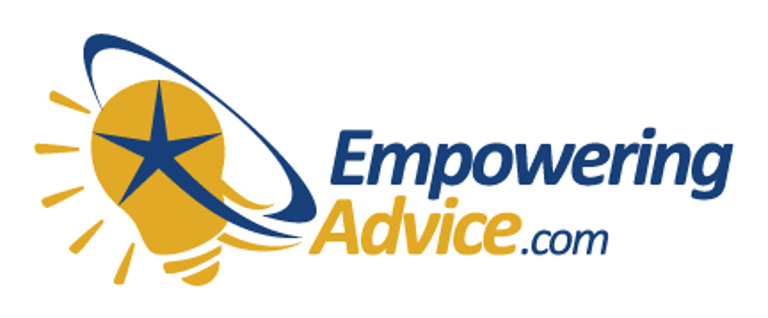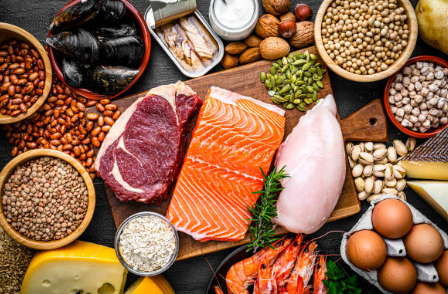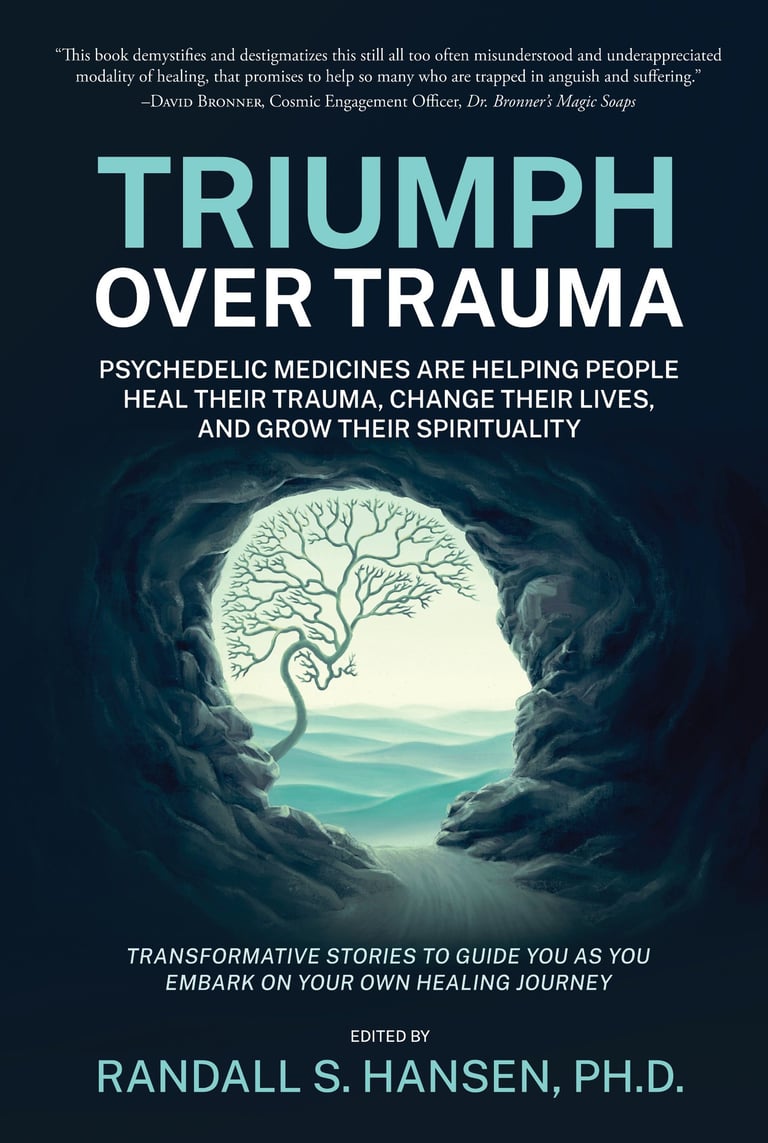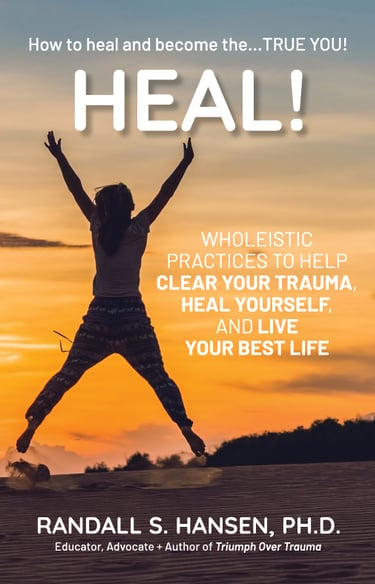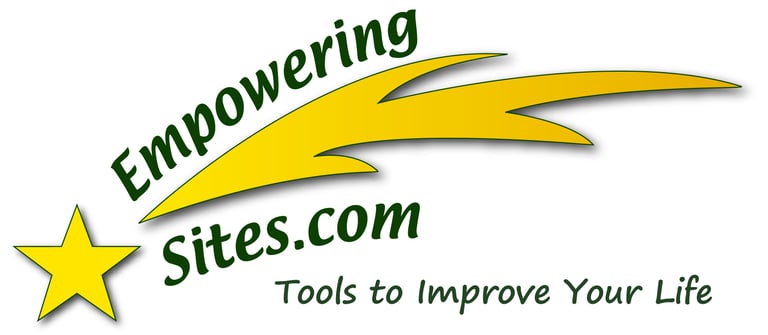Why Protein is An Essential Part of Any Diet
Are you getting enough protein in your diet? Protein consumption has to be a major part of your meals because it is essential for our bodies and our health. Unfortunately, most mainstream health advice improperly warns people against consuming too much protein.
In The Healing Revolution Diet, protein is identified as the second most important nutrient for health and regarded as a key building block of the body, but both government and health organizations recommendations have gotten protein recommendations wrong, including the demonizing of eggs and red meat, and the recommendation to make protein only a small part of their so-called “healthy” diet.
The truth is that healthy proteins are right behind healthy fats as key elements people need to eat for good health. Only in people with severe kidney problems should protein levels be monitored; numerous studies show that high protein consumption has no negative impact on people with healthy kidneys.
That said, the key is for each person to find the right amount and type of protein that works for their bodies; just remember how essential protein is for your body and many bodily functions.
Key Benefits of Protein
Helps build and maintain muscles
Strengthens skin, hair, and nails
Good for bone health
Aids in hormone production
Boosts metabolism and fat-burning, helping burn more calories
Enhances brain function and mental clarity
Provides satiety, reducing hunger and producing the sense of being “full”
Reduces food cravings
Modulates cortisol levels
Supports lower blood pressure
Assists in making antibodies that fight off infections and illnesses
Promotes healthy aging
Speeds injury recovery (because protein is the main building block of tissues and organs)
Our bodies want healthy proteins – of all types. The challenge for all of us is to find both the right types of proteins and eat them in the right amounts. Unfortunately, not all protein is healthy.
If you have ever talked with a vegan or seen pictures of chicken houses or feedlots, you should be aware of how bizarrely far afield conventional ranchers have gone in the raising of animals for human consumption. I refuse to buy any conventionally raised meats, dairy, or eggs.
All farm animals should be 100 percent raised on pastures, allowed to graze, dig, and peck for their foods. Instead, we put thousands and thousands of chickens into dark, enclosed structures and we send cattle to congested feedlots that are biohazard sites. These animals are fed food that is unhealthy and unnatural for them (GMO-grains such as corn and soy because it’s the cheapest). At the same time, these animals are also treated with antibiotics and growth hormones – all to make plumper chicken breasts and more marbled cuts of beef.
Unfortunately, the same is true for many ultra-processed forms of protein manufactured for vegans and plant-based enthusiasts. These fake meats are produced using conventionally raised plant proteins (coated in chemical residues from farming practices) that are subjected to several industrial processes, including nutrient fracking and added chemicals to increase the food’s appeal (in terms of color, smell, taste, and texture).
What are the best and healthiest sources of protein?
Healthy Sources of Protein
Eggs from pastured, free-ranging hens
Pastured, grassfed beef
Wild, free-ranging animals (including elk, bison, deer)
Pastured, free-ranging chickens and turkeys
Wild-caught fish (salmon, trout, sardines, mackerel)
Grassfed dairy products
Nuts and seeds
Organic quinoa
Organic tofu
Organic tempeh
Organic beans and lentils
Final Thoughts on the Power of Protein
One of the easiest ways to add a bit more protein into your diet is to add it to your breakfast, which is often a meal filled with excess sugars and simple carbs from cereals and sugary drinks.
Some protein-rich breakfast ideas:
Eggs of all types (fried, baked, soft-boiled, hard-boiled, scrambled, poached, omelets, quiches), as well as extra protein with a steak and egg combination.
Plain Greek yogurt (flavor with seeds, nuts, cinnamon)
Tofu
High-protein fruit smoothie (with seeds)
Chickpea flour omelet
Homemade nutty/seedy no-sugar granola
Note… it is especially important for older adults, starting about age 40 and above, to consume more protein… because after age 40, people generally start to lose muscle mass, even more so in a condition known as sarcopenia. With adult women, perimenopause and menopause are also reasons to eat more protein.
Finally, protein intake is essential, but to get its full potential, you must also be doing daily exercises and movement to keep and build muscle, including walking, dancing, biking, and other aerobic exercises, but especially resistance training – specific types of exercise designed to maintain and build muscular strength and endurance. These exercises can use your own body weight (such as with planks, squats) or include weights, bands, barbells, kettlebells, or even household items (such as jugs of water or a tote bag with canned foods).
Additional Protein Information Sources
Dr. Randall Hansen is an advocate, educator, mentor, ethicist, and thought-leader... helping the world heal from past trauma. He is founder and CEO of EmpoweringSites.com, a network of empowering and transformative Websites, including EmpoweringAdvice.com.
He is the author of the groundbreaking Triumph Over Trauma: Psychedelic Medicines are Helping People Heal Their Trauma, Change Their Lives, and Grow Their Spirituality and the well-received HEAL! Wholeistic Practices to Help Clear Your Trauma, Heal Yourself, and Live Your Best Life.
His latest book is a true game-changer: The HEALing Revolution Diet: A Science-based Approach to Heal Your Gut, Reverse Chronic Illnesses, Lose Weight, Clear Your Mind, and Increase Longevity.
Dr. Hansen's focus and advocacy center around true healing ... healing that results in being able to live an authentic life filled with peace, joy, love. Learn more by visiting his personal Website, RandallSHansen.com. You can also check out Dr. Randall Hansen on LinkedIn.
